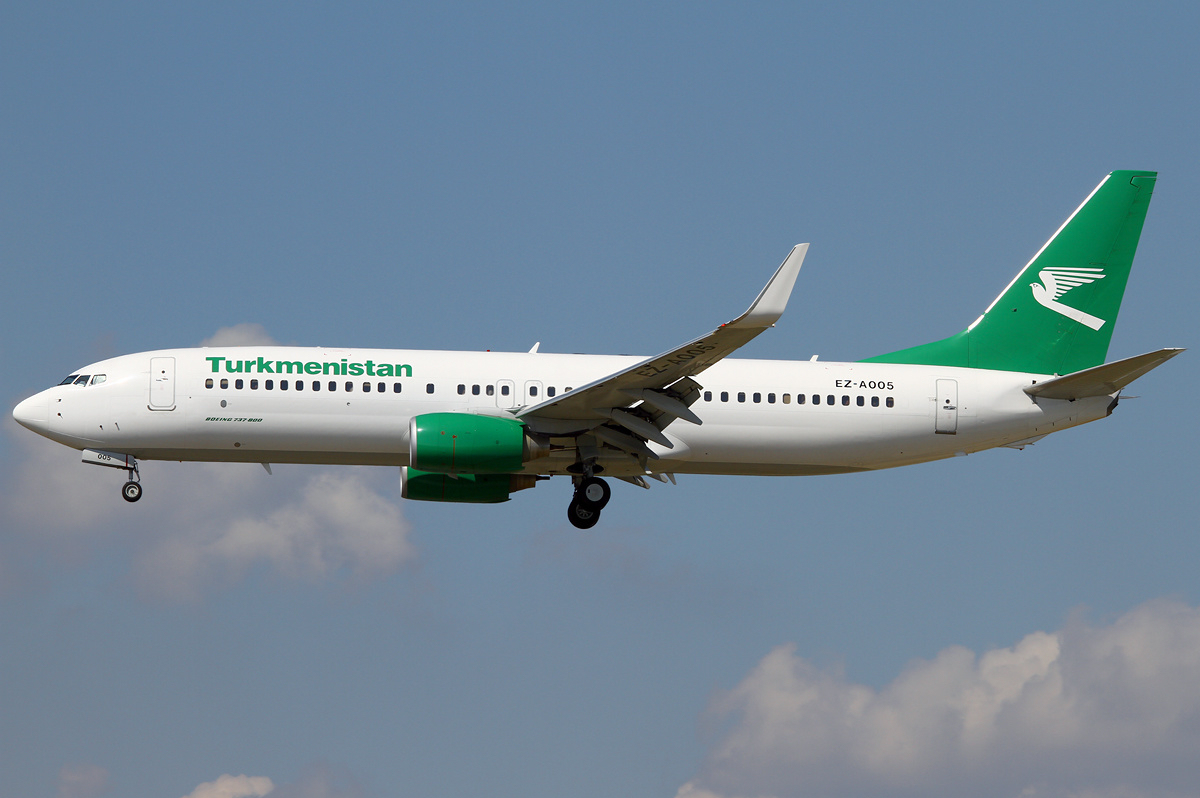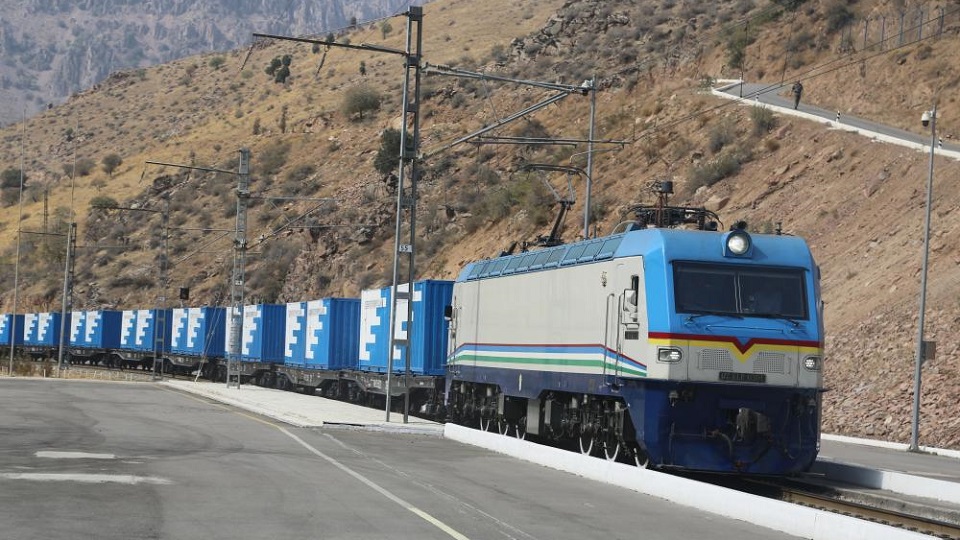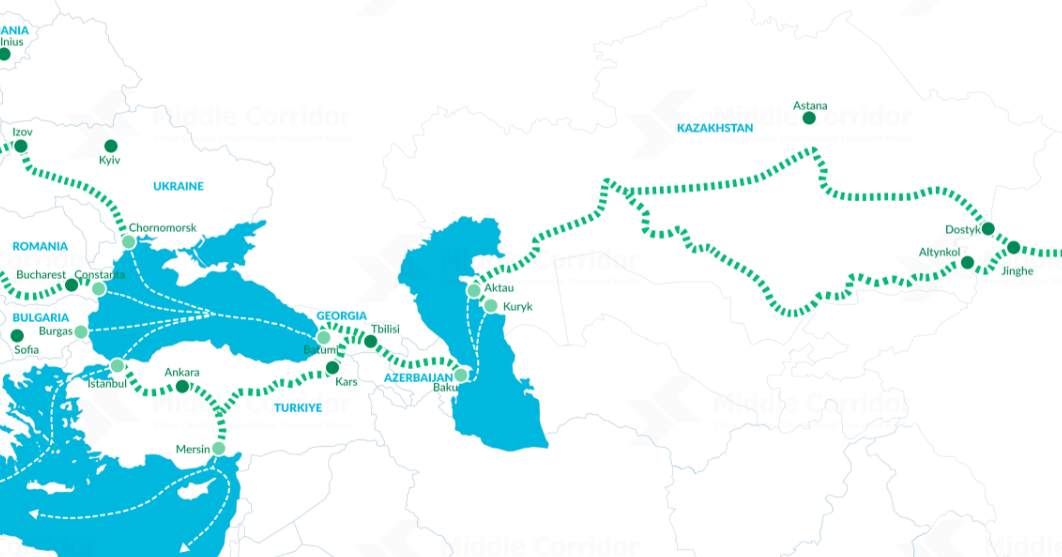
Rebranding Kazakhstan by Changing Its Name
Rebranding Kazakhstan by Changing Its Name
President Nursultan Nazarbayev has suggested changing his country’s name from Kazakhstan to “Kazakh Yeli”—meaning the “Land of the Kazakhs”—during a visit to the nation’s oil capital Atyrau on February 6. By dropping the “stan” from Kazakhstan, the country would differentiate itself from its Central Asian neighbors.
“The name of our country has the ending ‘stan,’ as do the other states of Central Asia,” said Nazarbayev. “At the same time, foreigners show interest in Mongolia, whose population is just two million people, but its name does not end in ‘stan.’ Perhaps we ought to consider with time the issue of changing the name of our country to ‘Kazakh Yeli,’ but first it should definitely be discussed with the people” (akorda.kz, February 6).
Over the years, the president and senior government officials have often expressed the view that oil-rich Kazakhstan should not be lumped together with the economically less developed and volatile Central Asian countries of Kyrgyzstan, Tajikistan, Turkmenistan, and Uzbekistan. Comparisons with the aspiring countries of Eastern Europe have been deemed more appropriate. Although the renaming of cities and streets in Kazakhstan has been fairly common since the country’s independence, Nazarbayev’s more recent proposal did come as a surprise.
The news of the president’s remarks immediately triggered a lively debate on social media networks and on Twitter and has since continued in the traditional print media. Initially, the comments were more negative than positive.
“The situation of the people will not change for the better by renaming the state,” said one user named Baur Sekenov. “There are more important issues to improve the welfare of the people and they must be addressed” (Facebook, February 6). Other social media users derided the idea by saying they were born in the Kazakh Soviet Socialist Republic (Kazakh SSSR), were now living in Kazakhstan, and would die in a country called Kazakh Yeli.
But once the usual pundits began to weigh in with their analyses, the tide of opinions gradually turned. Political scientist Dosym Satpayev said he could understand the president. “In the outside world, there has long been the stereotype of Central Asia as the region of the five ‘Stans,’ although in general political terms Kazakhstan and its neighbors still greatly differ from one another” (forbes.kz, February 7).
Since 2005, the United States has actively promoted the idea of a Greater Central Asia, which includes the five Central Asian countries and the states of South Asia, such as Afghanistan, Pakistan, and India (see “Central Asia, Afghanistan and the New Silk Road: Political, Economic and Security Challenges,” The Jamestown Foundation, November 14, 2011). “Meanwhile, Akorda [the Presidential Palace—i.e. the presidential administration of Kazakhstan] likes to speak about the uniqueness of ‘Kazakhstan’s path’ all the time, which, judging by the opinion of the president, should now be reflected in the name of the country,” said Satpayev (forbes.kz, February 7).
However, Satpayev believes the cost of renaming the country would be considerable. “From which sources the state will take the resources for rebranding is not known,” he says. Officials would likely finance such a renaming by tapping into the National Fund and using taxpayer money. Satpayev said he had the feeling the president’s statement was a new effort of the authorities to conduct an ideological experiment to mobilize society (forbes.kz, February 7).
Aidos Sarym, a well-known Kazakh nationalist, said he supports the idea of rebranding the country. Kazakh patriots have been espousing the idea of dropping the suffix -stan, which means “place of” in Persian and “settlement” in Russian, for some time. “In the world’s public opinion, the Stan-countries are not associated with progress and development,” he added. But Sarym said one should stress the republican character of the nation’s statehood. Hence, he proposed the country should be called “Kazakh Respublikasy [Kazakh Republic]” (z001.kz, February 7).
Whether the name “Kazakh Republic” would take hold outside Central Asia is questionable. The officially named Kyrgyz Republic—known as Kirgiziya in Russian and the Republic of Kyrgyzstan after independence—is still mostly referred to as Kyrgyzstan.
Another option mentioned by commentators, Kazakhia, might fare better. The ending of the name would be the same as in Mongolia or Malaysia, while also be reminiscent of different country names in Russian, such as Rossiya (Russia) and Turtsiya (Turkey). But the latter would probably meet with disapproval from Kazakh nationalists, who are intent on strengthening Kazakh identity by erasing Russian language traits.
Between 1991 and 2005, three oblasts, 12 cities, 53 districts, and 957 small settlements were renamed in Kazakhstan (total.kz, October 30, 2012). For example, the country’s largest city, Alma-Ata, was renamed Almaty. Guriyev became Atyrau and Shevchenko was given the name Aktau. Semipalatinsk became Semei and Ust-Kamenogorsk is now Oskemen. The aim was to replace the Russian or Soviet names in favor of Kazakh names.
In some instances, only the spelling of the names was changed from Russian to Kazakh. The city of Kustanai became Kostanai, whereas Aktyubinsk was changed to Aktobe. Dzhambul was renamed even twice, first to Zhambyl and then to Taraz.
The capital Astana has undergone several name changes. During the Soviet era, it was first known as Akmolinsk and then as Tselinograd, when it was designated the capital of the Virgin Lands’ campaign by Nikita Khrushchev in 1961. Following independence, it was given the name Akmola, which became Astana (meaning “capital” in Kazakh) in 1998.
In 2008, Kazakh lawmakers called for Astana to be renamed Nursultan, in honor of the president. But President Nazarbayev, who has been at the helm in Kazakhstan since 1989, declined saying this was for the next generation to decide.


